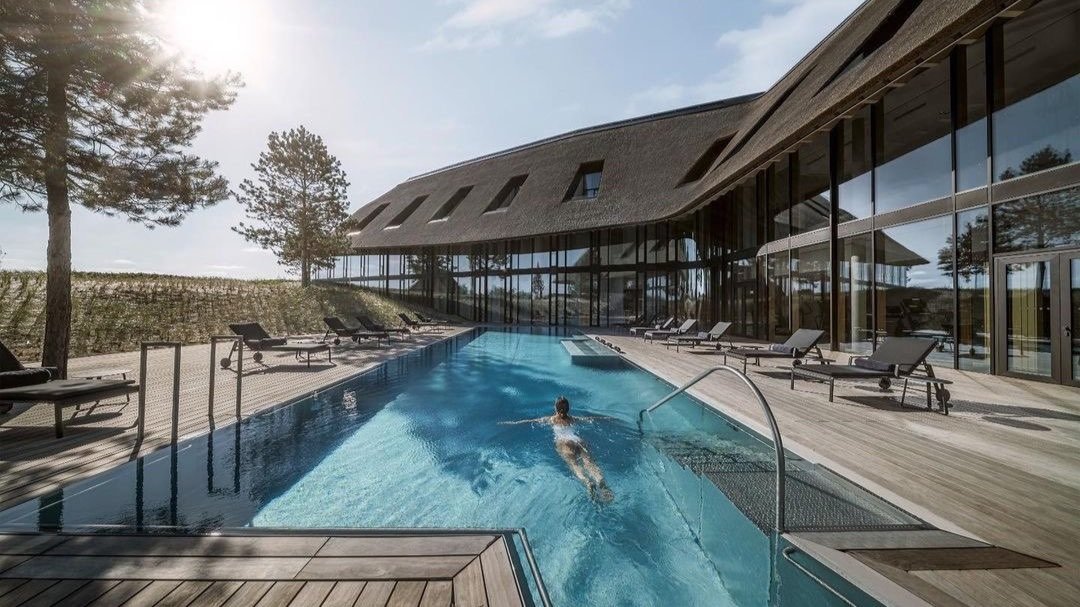In recent years, travel has evolved beyond sightseeing and leisure. As a result, travelers are seeking deeper connections and meaningful experiences that allow them to immerse themselves in the culture, traditions, and lifestyles of the destinations they visit. This emerging trend, known as experiential travel, is reshaping the tourism industry and offering adventurers an opportunity to engage authentically with local communities.
What is Experiential Travel?
To begin with, experiential travel goes beyond traditional tourism by emphasizing meaningful interactions and immersive experiences. It involves participating in cultural activities, learning local crafts, tasting traditional cuisines, and understanding the historical and social context of the places visited. Therefore, this approach transforms tourists into temporary locals, fostering a deeper appreciation of the world’s diverse cultures.
Why is Experiential Travel Gaining Popularity?
First and foremost, modern travelers are seeking genuine experiences that allow them to connect with local cultures on a personal level. Moreover, it promotes cross-cultural understanding by enabling travelers to learn from locals and share their own stories. In addition to this, experiential journeys create lasting memories by engaging all senses, unlike conventional travel experiences. Consequently, these immersive experiences provide opportunities for self-discovery and a broader perspective on life.
Top Experiential Travel Destinations in 2025
For example, travelers can explore:
- Japan – Tea Ceremony and Zen Meditation
- Specifically, participate in a traditional tea ceremony in Kyoto or learn Zen meditation practices from Buddhist monks in rural temples.
- Morocco – Cooking Classes and Souk Exploration
- Similarly, discover the secrets of Moroccan cuisine by joining a cooking class, then navigate the vibrant souks with a local guide.
- India – Village Homestays and Craft Workshops
- On the other hand, experience life in rural India with homestays that offer insights into traditional farming, pottery, and weaving techniques.
- Peru – Ancestral Rituals and Community Tourism
- In contrast, engage with indigenous communities in the Andes, participating in ancient rituals and learning about sustainable farming.
- Italy – Agriturismo and Culinary Tours
- Likewise, stay on family-owned farms, participate in olive harvesting, and indulge in authentic Italian cooking experiences.
Types of Experiential Travel
To illustrate, experiential travel can be categorized into:
- Cultural Immersion
- Namely, this involves living with local families, attending cultural festivals, and learning native languages to experience life as locals do.
- Volunteer Travel
- In fact, it offers travelers the chance to contribute positively to communities through teaching, conservation, or humanitarian projects.
- Educational Journeys
- Similarly, these trips focus on skill-building and knowledge-sharing, such as learning traditional crafts or attending workshops led by local experts.
- Wellness Retreats
- Above all, they combine travel with holistic well-being through yoga retreats, mindfulness practices, and healing traditions unique to the destination.
How to Plan an Experiential Travel Journey?
To ensure a fulfilling experience, travelers should:
- Research and Choose Authentic Experiences
- Therefore, look for local operators who prioritize sustainable tourism and genuine cultural exchanges.
- Connect with Local Communities
- Likewise, engage with community-led initiatives to support the local economy and gain authentic insights.
- Be Respectful and Open-Minded
- Moreover, approach each experience with curiosity and respect for cultural norms and traditions.
- Document Your Journey Mindfully
- In the same way, capture memories without intruding on the authenticity of the moment or exploiting cultural practices.
Experiential Travel Tips for a Memorable Journey
To make the most of your journey, consider the following tips:
- Learn Basic Local Phrases: Because showing effort to speak the local language helps build connections.
- Participate, Don’t Just Observe: Therefore, engage actively in cultural practices for a more fulfilling experience.
- Travel Responsibly: In addition, respect local customs, support local businesses, and minimize your environmental footprint.
- Embrace Spontaneity: For this reason, leave room in your itinerary for unplanned adventures and meaningful encounters.
Final Thoughts: The Future of Travel is Experiential
To summarize, as the world becomes more interconnected, travelers are seeking meaningful ways to explore and engage with diverse cultures. Thus, experiential travel is not just about visiting a destination; it’s about living it, understanding it, and forming memories that last a lifetime. Whether you’re learning to cook traditional dishes in Morocco, meditating in a Japanese Zen garden, or celebrating festivals with indigenous communities in Peru, experiential travel offers journeys that enrich the soul and broaden the mind.
Ready to Embark on Your Experiential Journey?
In conclusion, stay tuned to thewanderingstar.com for more travel inspiration, guides, and tips to help you create unforgettable experiences worldwide. Additionally, share your experiential travel stories with us and inspire others to explore the world in a meaningful way!



